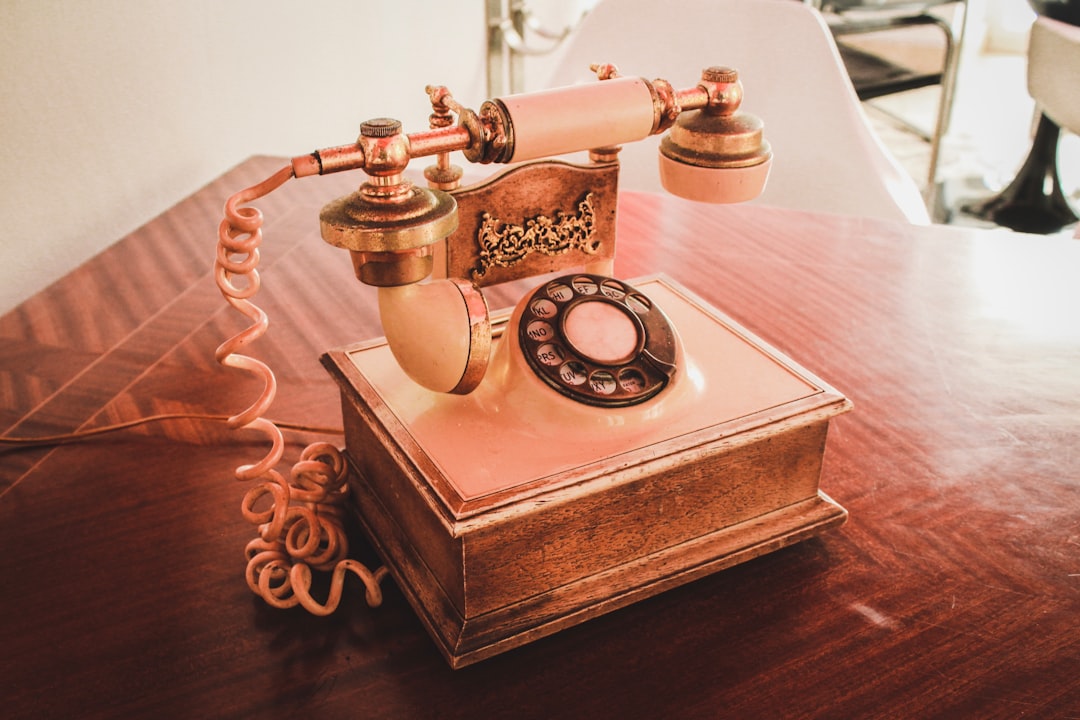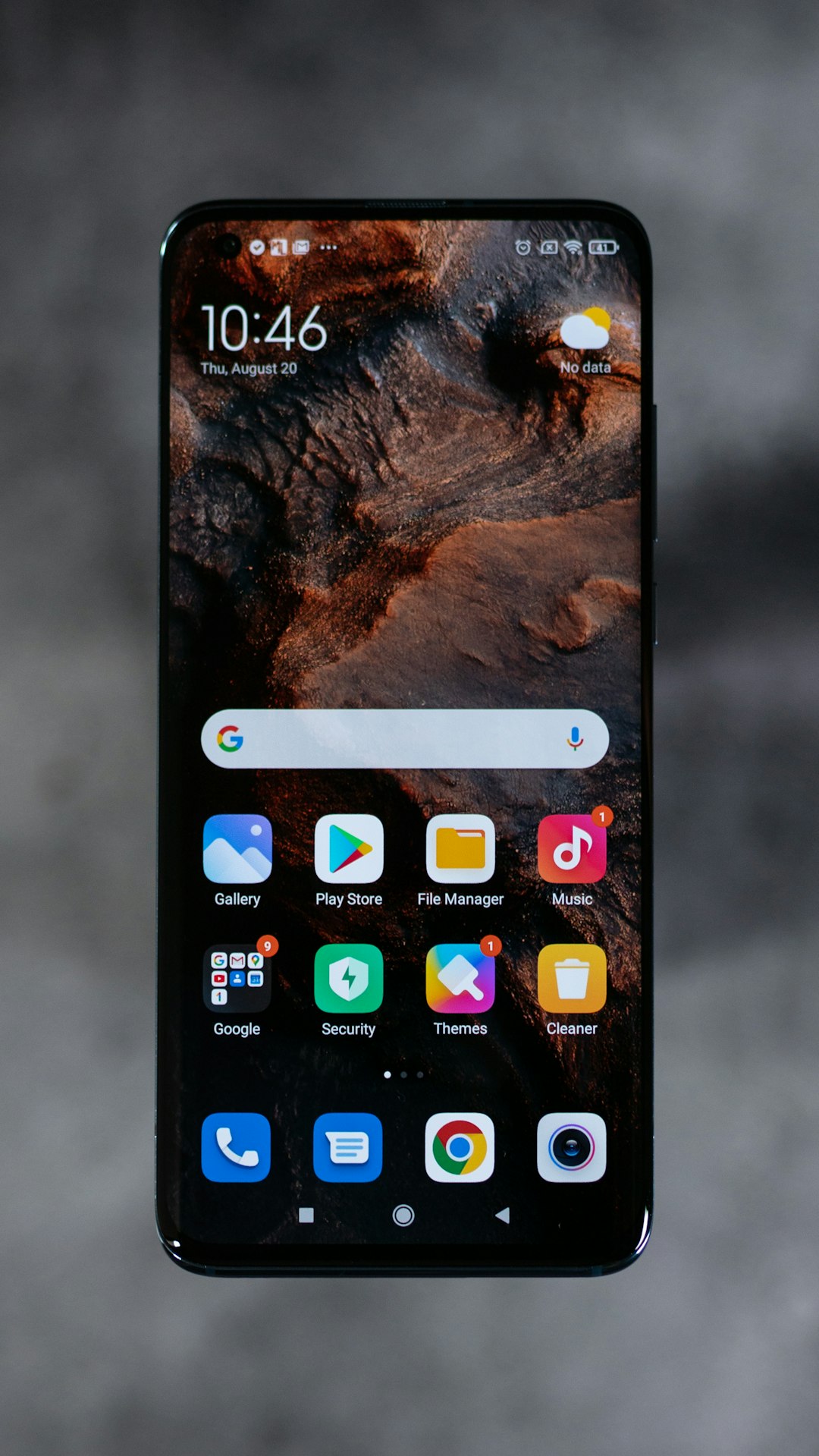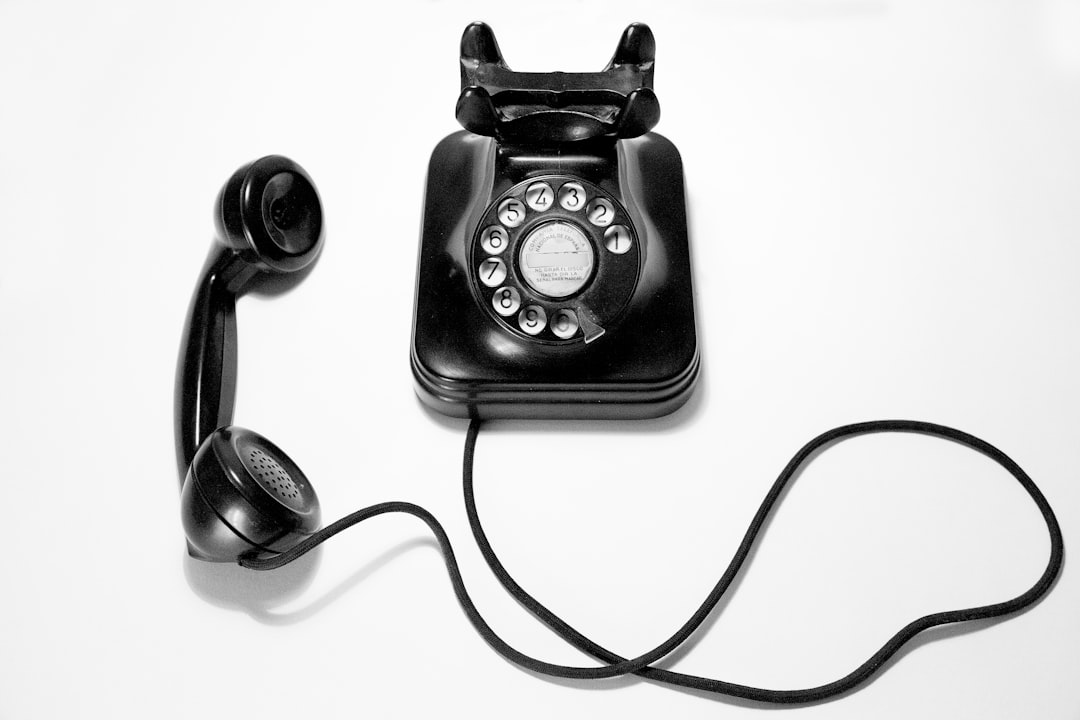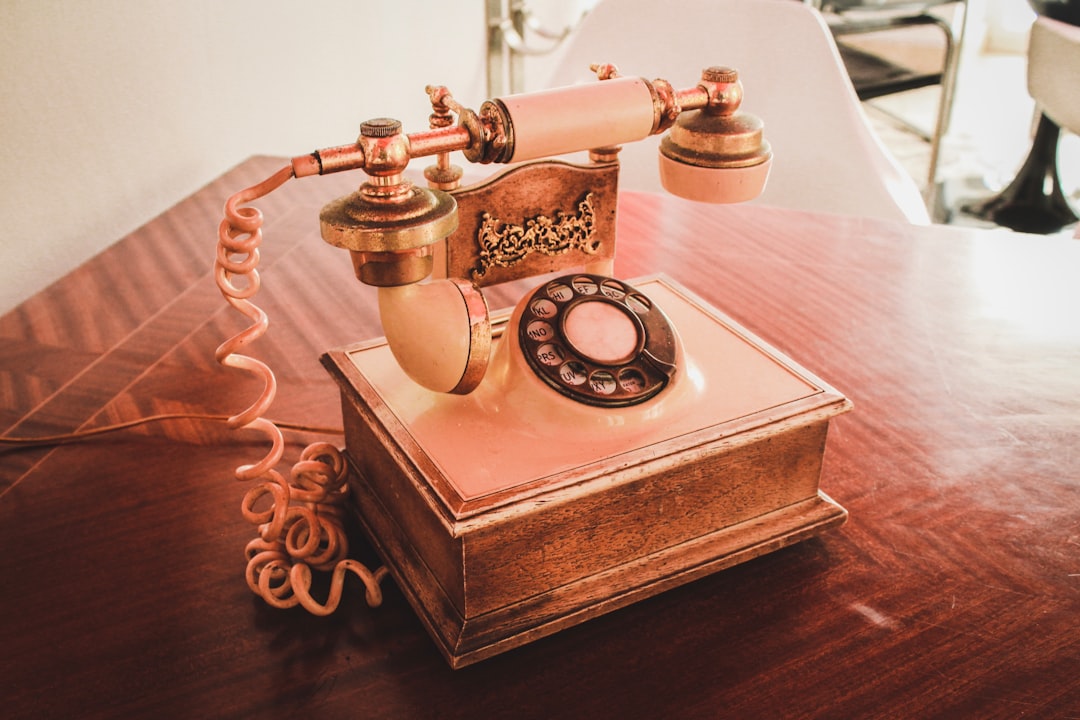Robocalls have become a significant nuisance in Chicago, affecting residents of all demographics and bypassing blocking methods. With stringent consumer protection laws in Illinois, understanding one's rights regarding robocalls is crucial. Many Chicagoans are concerned about privacy and personal time, especially vulnerable populations like the elderly or hearing-impaired individuals. The rise of robocalls has affected younger demographics, who prefer personalized interactions. In Illinois, including Chicago, legal implications offer protection under the Consumer Fraud and Deceptive Practices Act, allowing residents to sue for robocalls made without prior consent. Racial disparities in robocall reception are a growing concern among minority communities. Understanding state laws governing telemarketing practices and do-not-call lists is vital for Chicagoans seeking relief from unwanted calls and protection of their rights, with the option to "sue for robocalls" in Illinois.
In the digital age, robocalls have become a ubiquitous yet unwanted nuisance in Chicago. This article delves into the multifaceted impact of automated calls on diverse demographics within the city. We explore how younger ‘digital natives’ perceive these intrusions, the growing concern among the elderly, and potential racial disparities in call reception. Furthermore, we examine legal avenues for recourse, specifically addressing whether one can sue for robocalls in Illinois. Understanding these dynamics is crucial for navigating this modern challenge.
Understanding Robocalls: A Modern Nuisance in Chicago
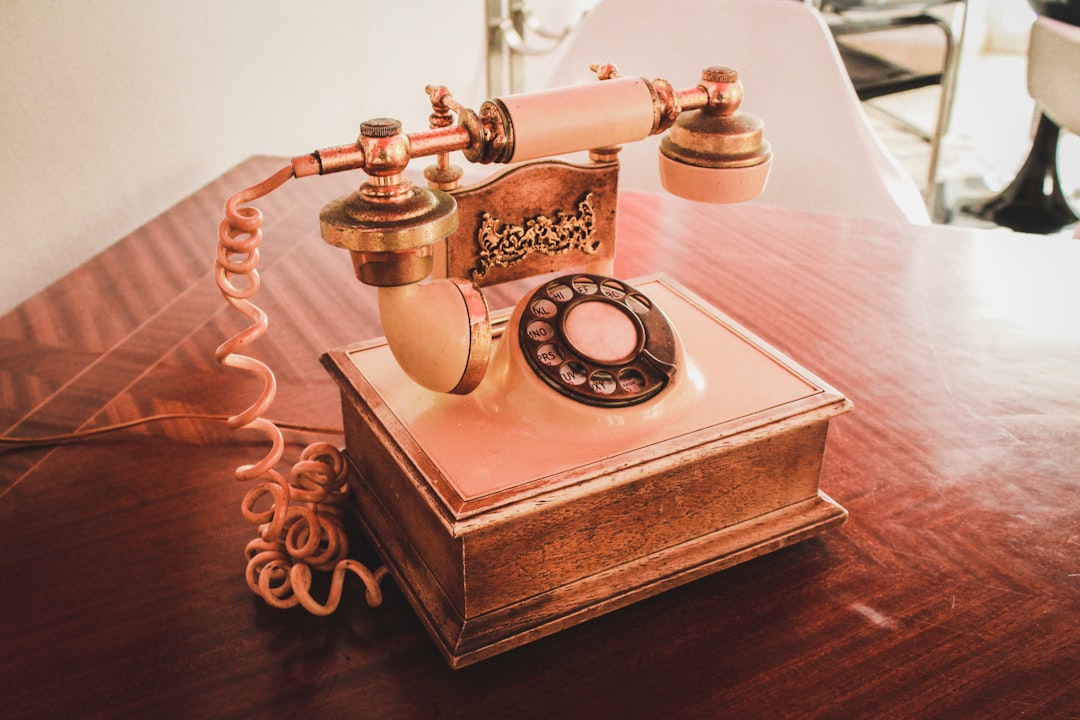
Robocalls, automated phone calls often used for marketing or political purposes, have become a modern nuisance in Chicago, affecting residents across various demographics. These pre-recorded messages, though convenient for businesses and organizations, can be intrusive and frustrating for recipients. With advancements in technology, robocallers are able to bypass many traditional blocking methods, making them an increasingly common annoyance. In Illinois, where consumer protection laws are stringent, understanding your rights regarding robocalls is essential.
Chicagoans, like many others across the country, face a deluge of unsolicited calls daily, leading to concerns about privacy and personal time. What’s more, these calls can be particularly disturbing for vulnerable populations such as the elderly or those with hearing impairments. The volume and frequency of robocalls have prompted many to wonder if legal action is an option when dealing with persistent and unwanted calls—including the potential to “sue for robocalls” in Illinois, a topic that has gained interest among residents seeking relief from this modern nuisance.
Impact on Younger Demographics: The Digital Native Experience
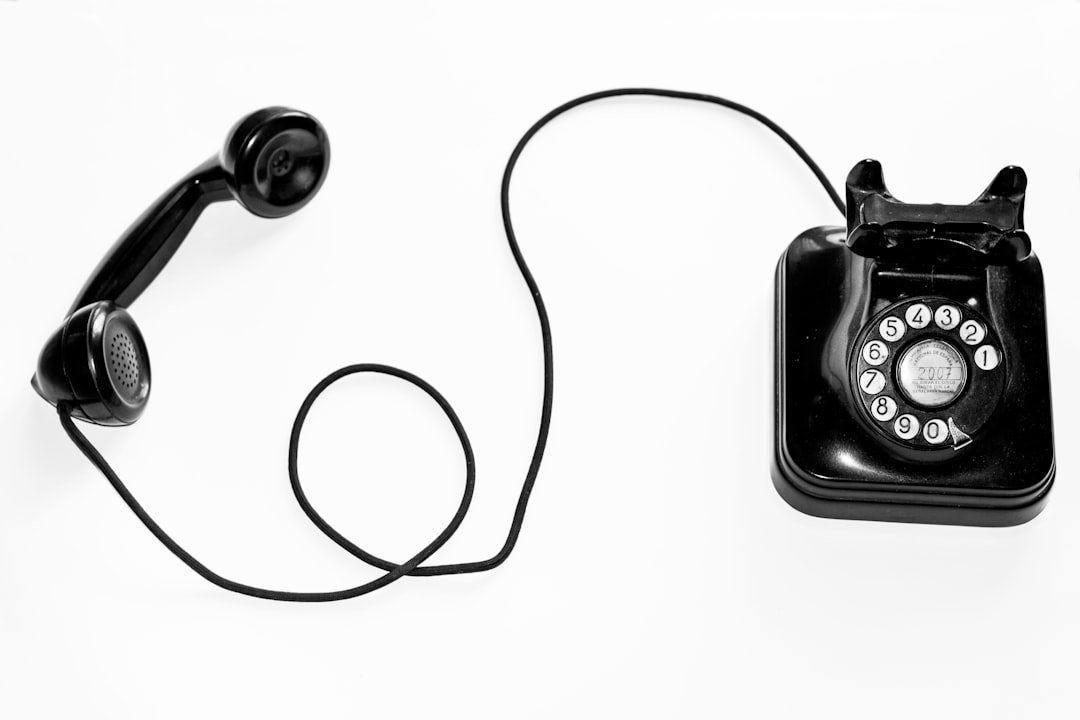
The rise of robocalls has significantly impacted younger demographics, particularly in Chicago, where a substantial portion of the population falls into the digital native category. These individuals, born and raised with technology, expect personalized interactions and often view unsolicited calls as an intrusion. Robocalls, characterized by automated messages and often used for political campaigns or telemarketing, are perceived as annoying and disruptive. Unlike older generations who might be more accustomed to such calls, younger people have grown up with digital communication methods, making them less tolerant of mass, non-personalized outreach.
While some view robocalls as a nuisance, the legal implications in Illinois, including the ability to sue for robocalls, offer a measure of protection. The Illinois Consumer Fraud and Deceptive Practices Act prohibits unfair or deceptive acts, including automated telephone calls made without prior consent. This legislation empowers younger residents to take action if they feel their privacy has been invaded by unwanted robocalls, providing a legal avenue for recourse.
Elderly Individuals and Automated Calls: A Growing Concern

In Chicago and across Illinois, the issue of robocalls has become increasingly concerning, especially for elderly individuals who are frequent targets of automated calls. These automated messages, often marketing or telemarketing in nature, can be intrusive and unsettling for the elderly demographic, many of whom struggle with technological literacy. With the ease of modern telemarketing software, scammers and legitimate businesses alike have found ways to make bulk calls, leaving many seniors feeling overwhelmed and vulnerable.
The problem extends beyond mere annoyance; excessive robocalls can lead to financial loss, especially when targeted at an older generation that might be more susceptible to investment scams or phishing attempts. The question of whether one can sue for robocalls in Illinois is relevant here, as state laws may provide some recourse for those affected. As the use of automated calling systems becomes more prevalent, it’s crucial that Chicago’s elderly population is educated and aware of their rights, ensuring they are protected from these unwanted intrusions.
Racial Disparities in Robocall Reception: An Illinois Perspective
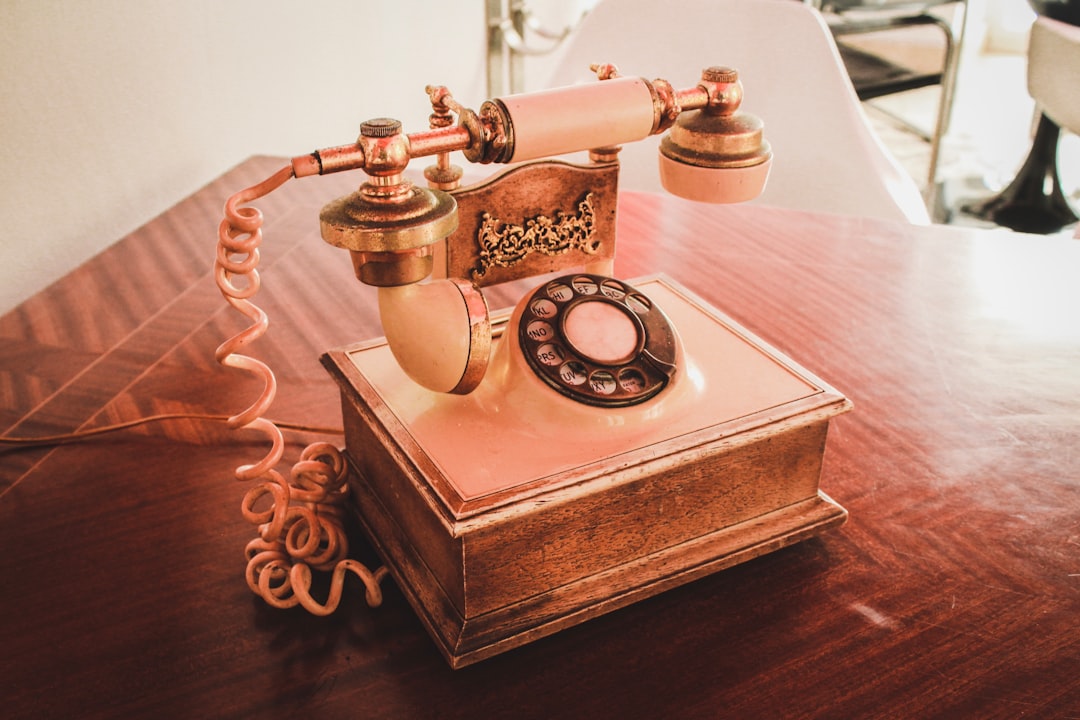
In Chicago, as in many urban areas across the U.S., racial disparities in robocall reception are a growing concern. Studies show that minority communities, particularly African Americans and Latinos, receive a disproportionate number of automated telephone marketing calls. This isn’t just an inconvenience; it’s a reflection of broader systemic issues. Robocalls can be especially intrusive and irritating for these demographics, adding to existing stress and contributing to a sense of being targeted or ignored by commercial interests.
Illinois residents who feel they’ve been wrongfully subjected to excessive or harassing robocalls may have legal recourse. The Can I Sue For Robocalls Illinois question isn’t merely academic; it’s a significant consideration for many Chicagoans. State laws, such as those governing telemarketing practices and do-not-call lists, offer protections against abusive calling habits. Understanding these laws and knowing when to take action can help alleviate the burden of unwanted robocalls and protect the rights of all Illinois residents, regardless of their racial or ethnic background.
Legal Recourse: Can You Sue for Robocalls in Illinois?

In Illinois, as in many other states, robocalls are regulated by the Telephone Consumer Protection Act (TCPA). If you’ve received unwanted automated calls in Chicago, you may have legal recourse. The TCPA allows individuals to take action against businesses or organizations that violate its provisions, which include restrictions on automated calling and text messaging without prior consent.
If you believe you’ve been harmed by robocalls, you can file a complaint with the Federal Trade Commission (FTC) or seek legal advice from an attorney specializing in telecom laws. Several class-action lawsuits have been filed against companies for violating TCPA rules, which could result in monetary compensation if you’re able to prove that your rights were violated. In Illinois, there are strict guidelines regarding consent and do-not-call lists, so understanding your legal options is crucial when dealing with unwanted robocalls.

